
Elon Musk responds to criticism of shuttering free Twitter API access by offering free, write-only access to 'bots providing good content that is free'
The turbulent seas of Twitter show no signs of calming since the tempestuous Elon Musk took over. Having caused confusion and irritation by blocking third-party clients, Twitter then announced that free access to its API will end this week, with the effect of killing off large numbers of bots, services and tools -- including Mastodon migraters' favorite Movetodon.
Ending free access to the Twitter API has, understandably, not gone down well, with developers being highly and vocally critical of the move. Now, having listened to feedback, Musk says that "Twitter will enable a light, write-only API for bots providing good content that is free".
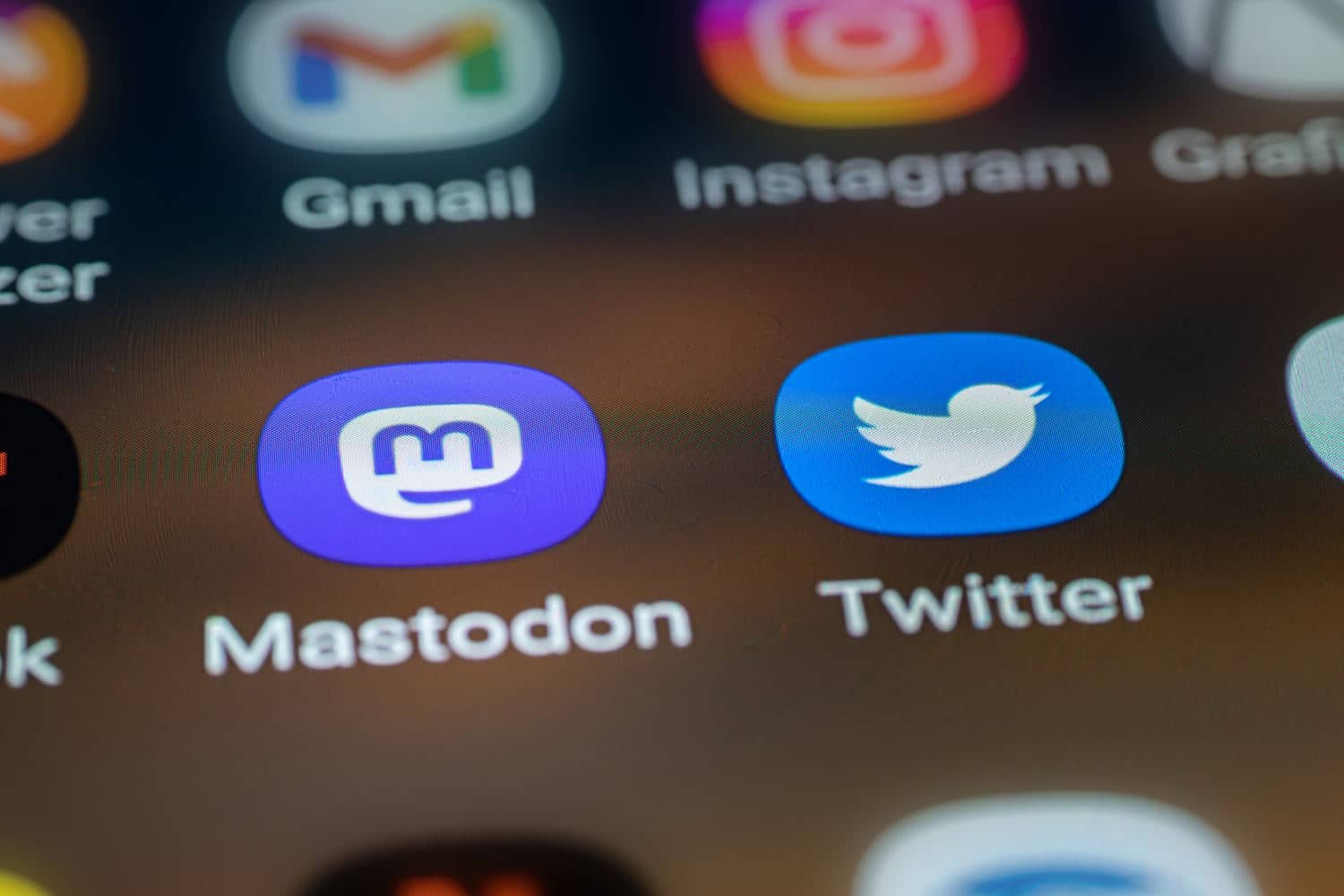
Twitter has killed Movetodon, the service that simplified moving from Twitter to Mastodon
The exodus from Twitter to Mastodon shows little signs of slowing down, and numerous websites and services have popped up to make it easier to jump to the decentralized social network. One such tool is Movetodon, designed to help anyone moving to Mastodon to find the people they were previously following on Twitter.
Movetodon has proved incredibly popular, but it has just been killed off by Twitter. The Elon Musk-owned site announced this week that it is ending free access to its API on February 9, but ahead of this, Twitter has blocked Movetodon's access to the API, rendering the service non-functionable, alleging violation of unspecified rules and policies.

Twitter is ending free API access next week, killing off swathes of apps in the process
Having already banned all third-party clients, Twitter has now announced that it is completely dropping free access to its APIs. In an announcement made via the Twitter Dev account, the company says: "Starting February 9, we will no longer support free access to the Twitter API, both v2 and v1.1. A paid basic tier will be available instead".
The move will effectively kill off unknown -- but large -- numbers of apps and tools that depend on the Twitter API. While getting rid of free API access is unlikely to impact larger apps such as Hootsuite, those produced by smaller, independent developers are unlikely to be able to shoulder the costs.

Twitter officially bans all third-party clients, forcing people to use its own apps
While there has still been no announcement, Twitter has updated its developer agreement so that third-party clients are now prohibited. Over the course of the last week or so, we've already seen the likes of Tweetbot and Twitterific rendered useless after the company blocked API access.
Twitter later said that it was merely enforcing long-standing rules, but failed to provide any details or clarification. But now a new developer agreement has been published that slaps a ban on the creation of, "a substitute or similar service or product to the Twitter Applications" -- in other words, third party Twitter apps are now forbidden.
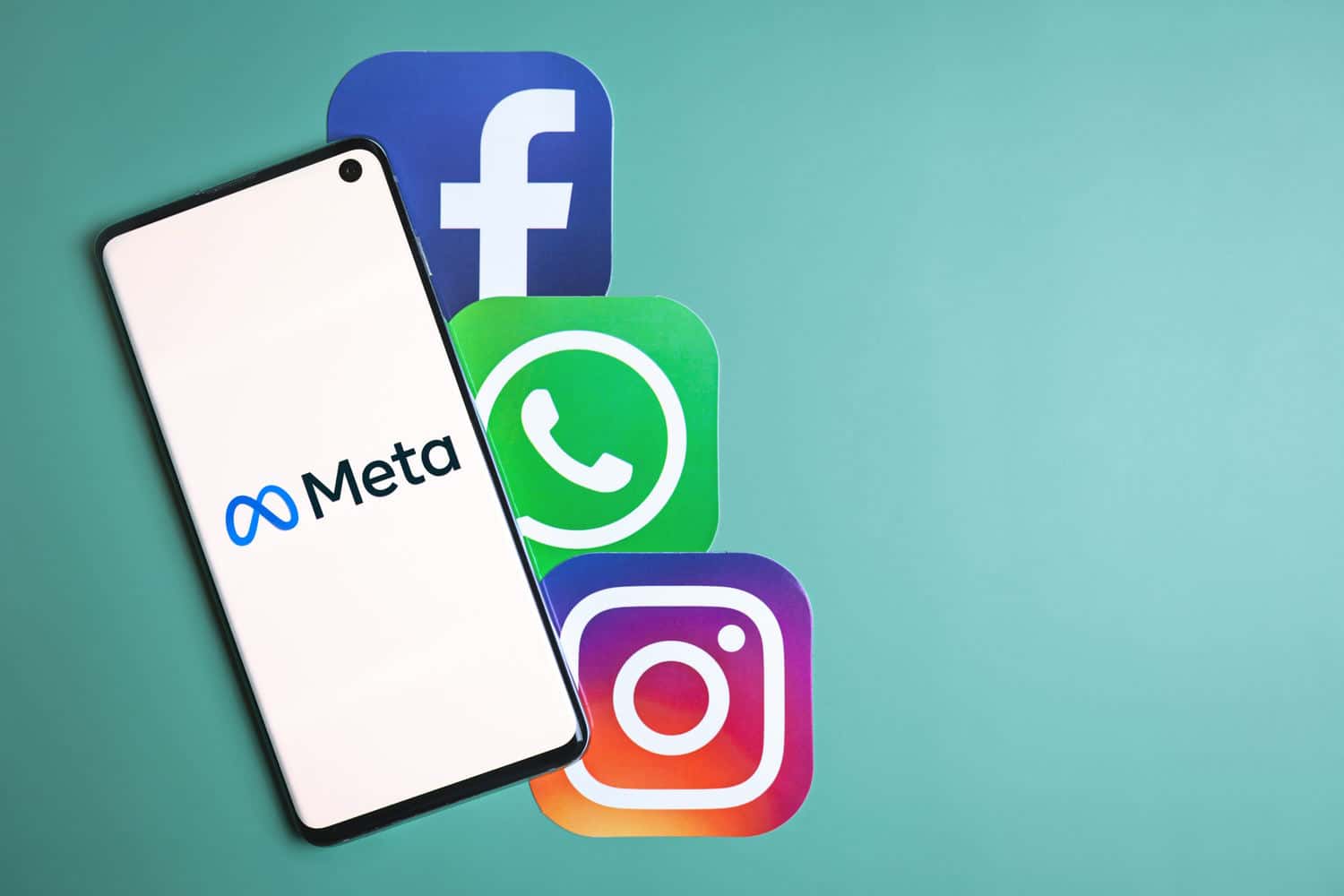
Oversight Board recommends Meta change its policies to respect transgender and non-binary people
It is quite some time since Facebook was hit with the "free the nipple" campaign that demanded the company stop censoring or removing images of breastfeeding women. But now Meta is facing new recommendations from its independent Oversight Board to update the Adult Nudity and Sexual Activity Community Standard that it applies to Facebook and Instagram content to ensure it is "governed by clear criteria that respect international human rights standards".
The recommendation comes as the Oversight Board overturned Meta's decisions in 2021 and 2022 to remove content posted by a couple -- one of whom is transgender, the other non-binary -- for violating Sexual Solicitation Community Standards. Meta is criticized for taking a simplistic view of gender, with the Board saying that it is "unclear how the rules apply to intersex, non-binary and transgender people, and requires reviewers to make rapid and subjective assessments of sex and gender, which is not practical when moderating content at scale".
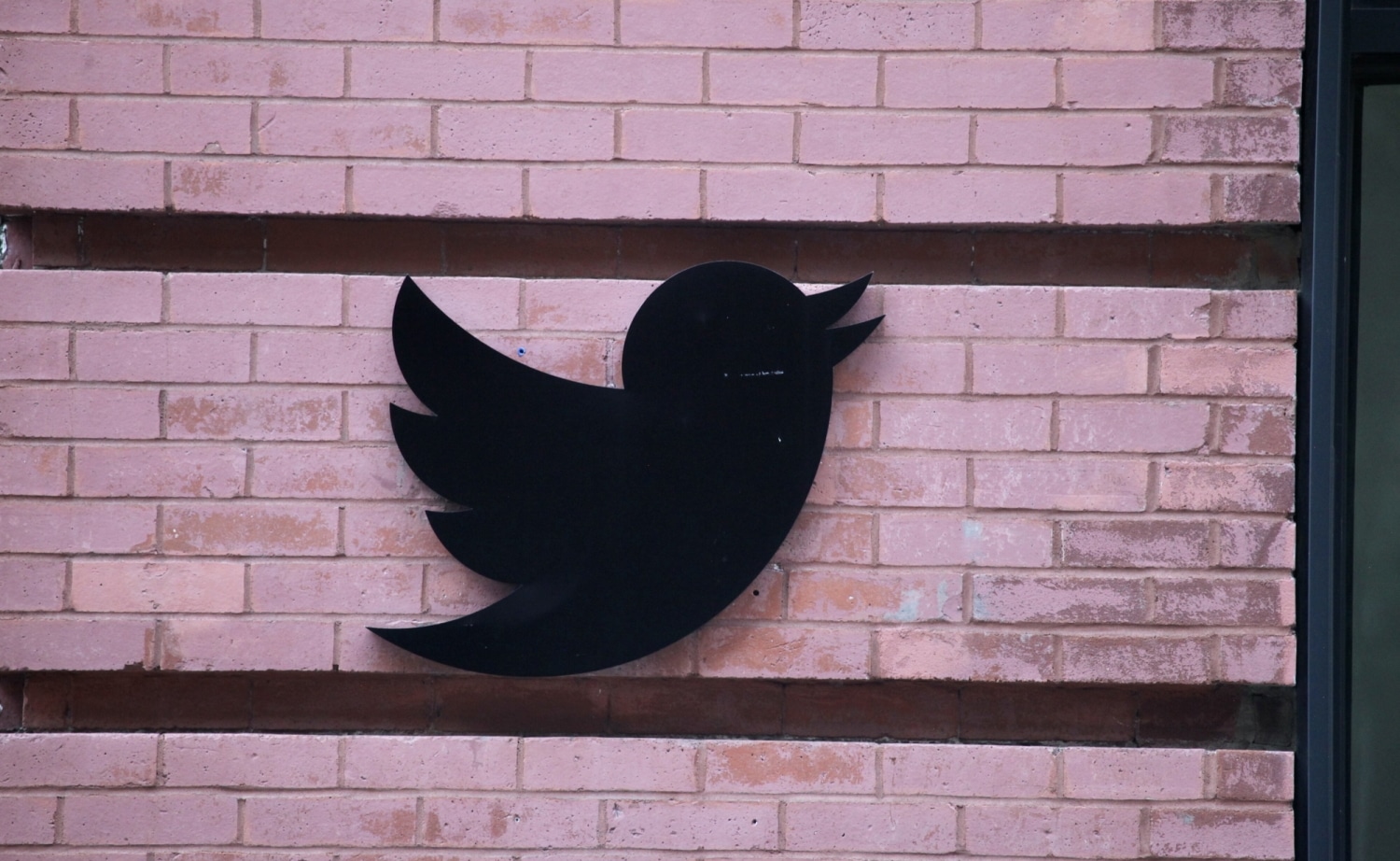
Twitter removes suicide prevention feature at Musk's request -- [UPDATED: it's back, with Musk claiming 'fake news']
Twitter has, without making an announcement, removed a feature that directed users towards suicide prevention services after searching for certain content.
The #ThereIsHelp feature was removed after Elon Musk issued an order to that effect. Sources familiar with the matter say that the removal is only temporary and that a revamped version will be launched in the future. But the social platform has been criticized not only for the timing -- Christmas is a tough time for many people -- but also for removing the existing support feature before having a replacement ready. [UPDATE -- the feature is now back. Despite the fact Twitter confirmed its removal, Musk used a series of tweets to denounce reports that it had temporarily been removed as 'fake news']
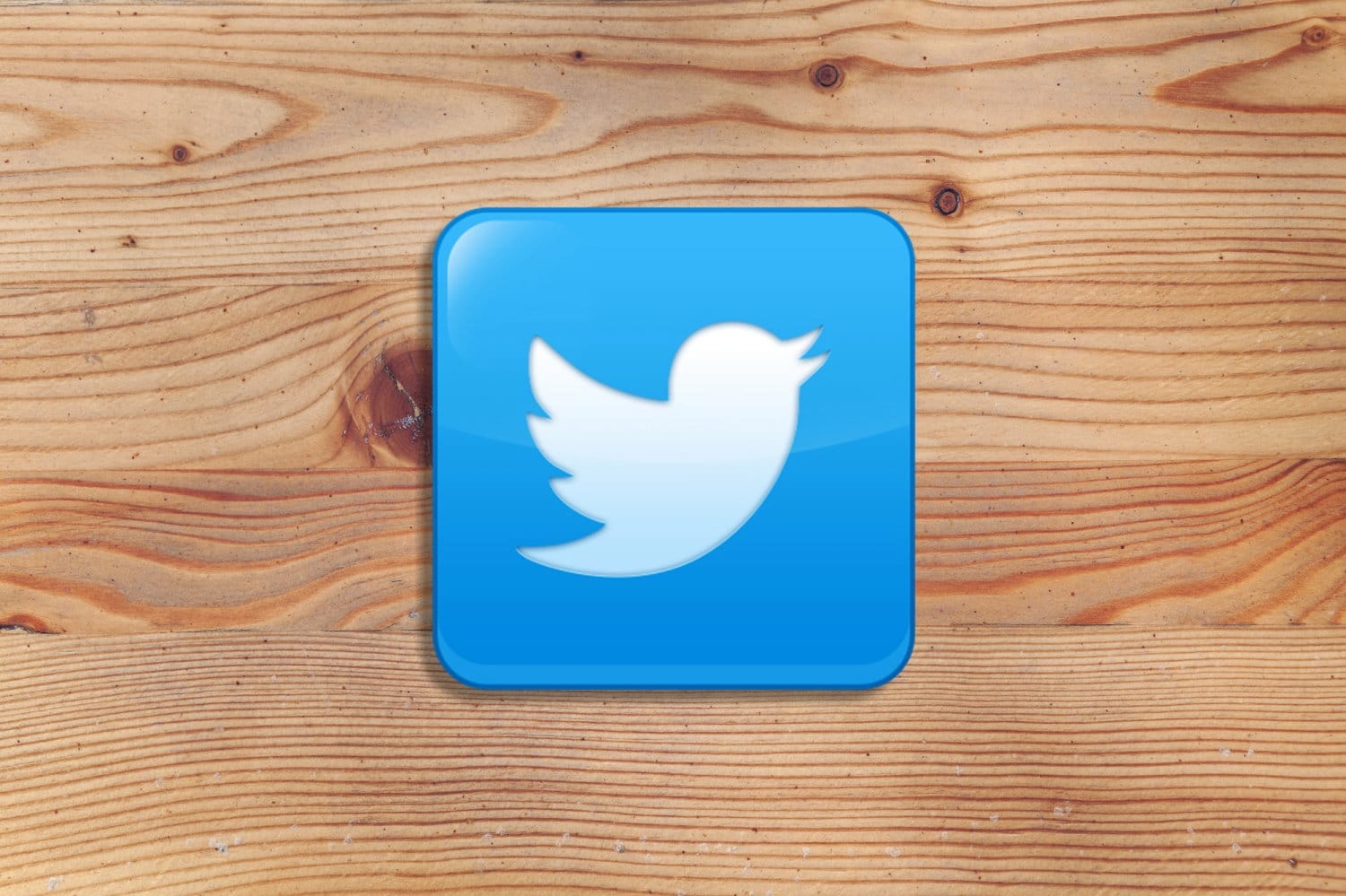
Twitter rolls out View Count so you can check how many people viewed a tweet
Things have been more than a little turbulent at Twitter since Elon Musk took over at the company. Having overseen various controversial changes including an overhaul to the verification system, the CEO has now announced a feature that is likely to be rather less divisive -- View Count.
The feature is a very simple idea, revealing how many people have viewed a tweet. The information is public so you can see how popular other people's tweet are as well as monitoring your own viewing figures.

To get verified on Twitter, you just need a phone number -- and between $8 and $11
Starting Monday 12 December, Twitter is relaunching Twitter Blue and giving users the opportunity to pay for the blue checkmark of verification.
Since Elon Musk took over at Twitter, the decision to open up verification to anyone willing to pay was one of the more controversial decisions. The scheme was paused last month, but now the paid-for blue tick is opening up once again. This time around, however, things are a little different, with iOS users getting a worse deal.
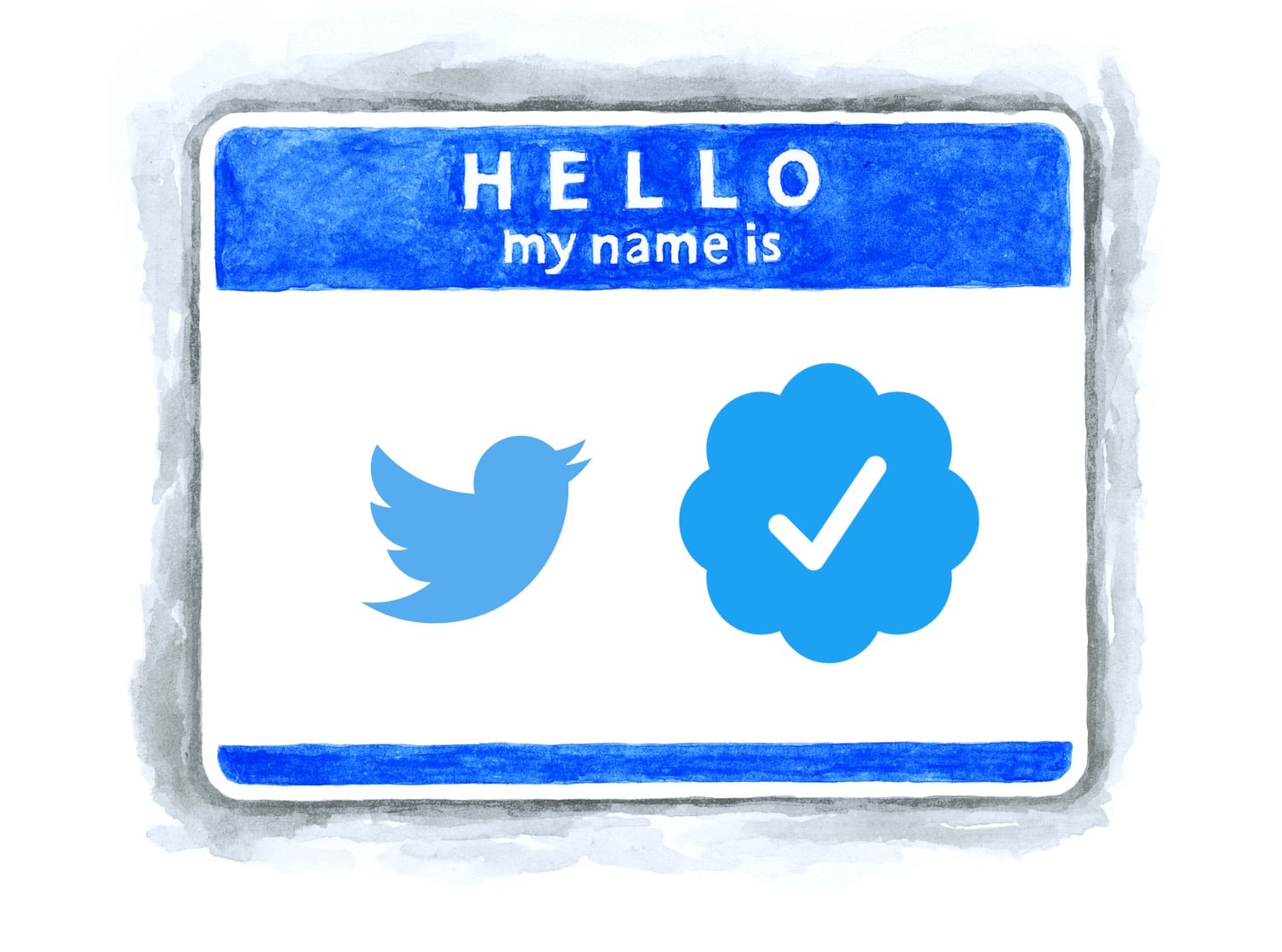
You could soon be able to grab the Twitter handle of your dreams
One of the problems with signing up for just about any online service, particularly social platforms, is trying to bag yourself the username you want. On Twitter, this could be about to get a bit easier.
It is no secret that since Elon Musk took over the company, Twitter users have been leaving the site in droves, mainly to Mastodon. Add to this the number of accounts that were set up years ago and never used, accounts that have fallen inactive and there are a lot of Twitter handles that could be opened up to new owners -- and this is precisely what is on the cards.

Elon Musk lets Donald Trump back on Twitter after users vote to lift the ban on the ex-president
Almost two years after Donald Trump was banned from Twitter, Elon Musk has permitted the former US president back onto the site. Trump was evicted form the site following the January 6 attacks on the US Capitol
This weekend Musk conducted a poll on Twitter asking people to vote about whether or not to "reinstate former President Trump". After more than 15 million votes were cast, a majority voted in favor, and it wasn't long before Trump's account was reactivated.
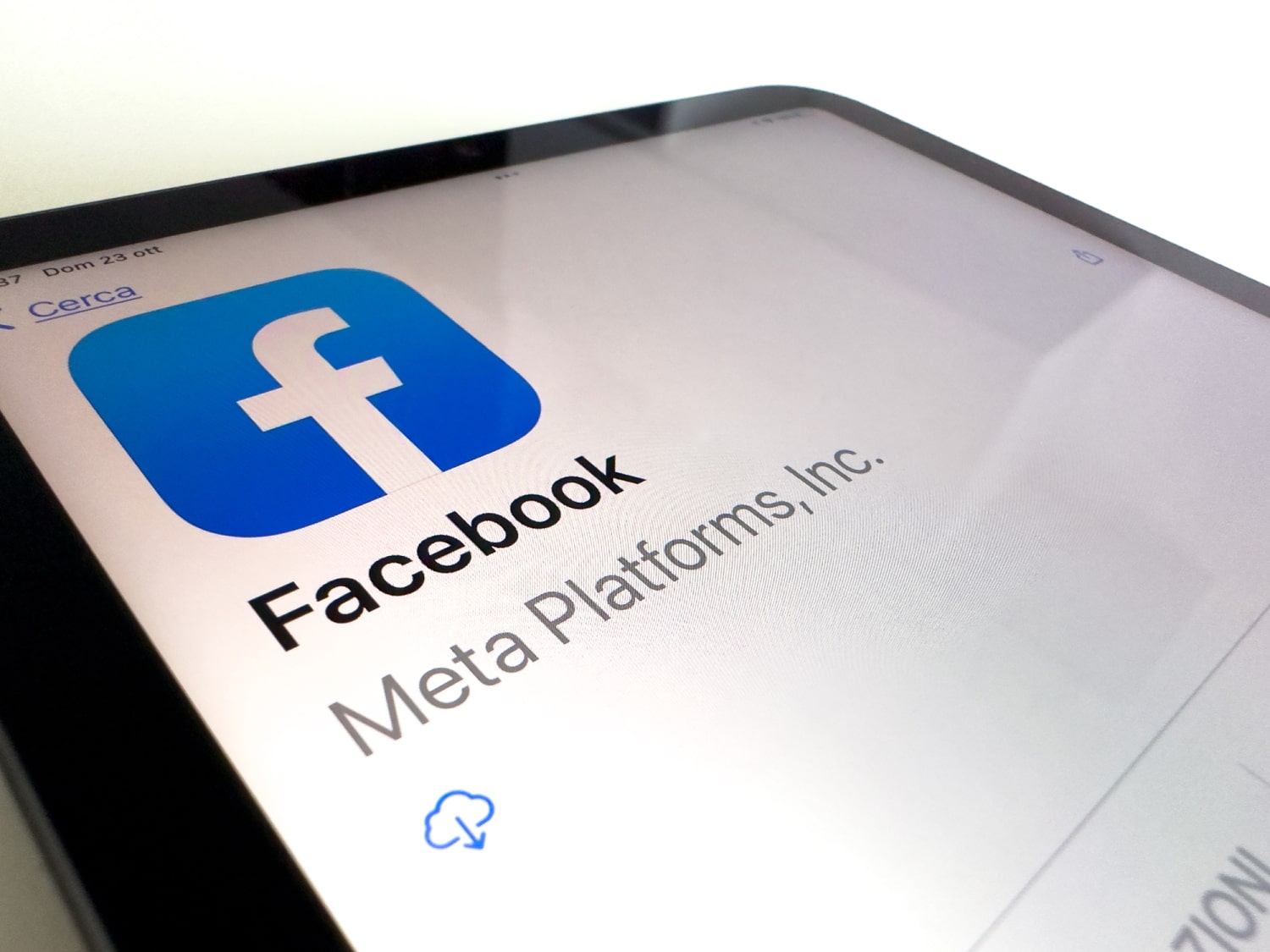
Facebook is revamping user profiles, removing political views, religious beliefs, sexual orientation and more
In the world of social media, most of the attention is -- understandably -- focused on what's happening at Twitter, but there are changes afoot at Facebook too.
Starting at the beginning of December, some information fields are being removed from user profiles. The fields in question are Religious Views, Political Views, Address, and Interested In, with the latter being the field used to indicate sexual orientation.

Twitter could be about to die; here's how to download your tweets
Elon Musk's takeover of Twitter has been nothing short of chaotic, leading to thousands of employees being fired, an unknown number resigning, countless users jumping ship, and confusion for those left behind. So... what to do? Download your Twitter archive.
It is one thing to find a new home on a Twitter alternative such as Mastodon, but what about everything you are leaving behind? While the future of Twitter is very much an unknown, it is hanging in the balance, and recent events have shown that just about anything is possible. Rumors abound about the site being closed, so if you are concerned about losing years' worth of tweets -- many of which may contain valuable data -- here's how to go about downloading them for posterity.
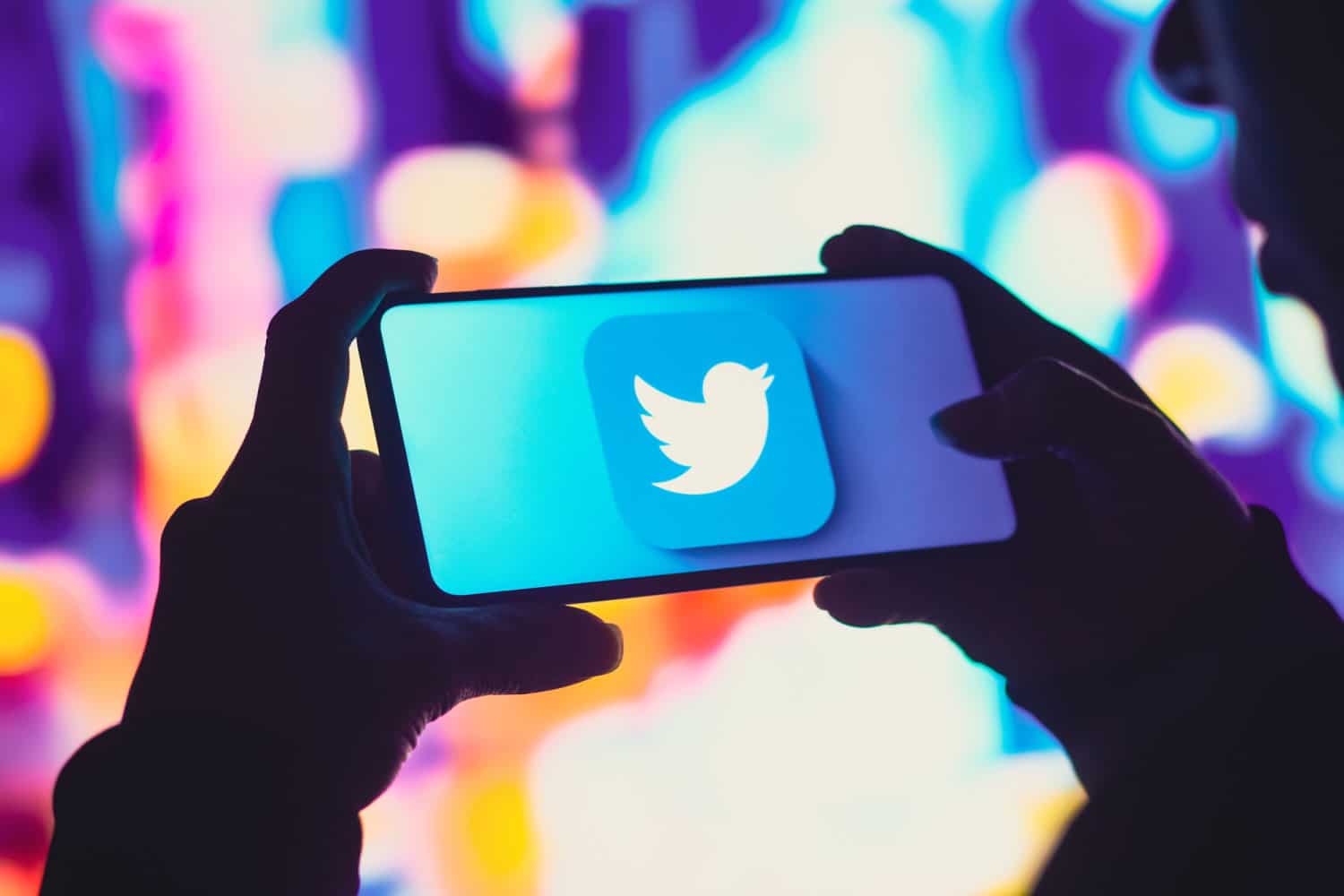
Twitter wants you to stop screengrabbing tweets and share them instead
Twitter is taking steps to increase engagement on the platform by discouraging people from taking screenshots of tweets. iOS users are the first to be subjected to prompt to share a tweet rather than a screengrab of it.
The move makes it clear that Twitter is able to determine when users are taking screengrabs, and while many of the images will end up being shared on Twitter itself, the company would prefer that links were shared to other platforms to encourage click-throughs.

Twitter is gaining a WhatsApp Share icon
Twitter is looking to make sharing content easier and wider-reaching by cross-pollinating with other social platforms. The micro-blogging site -- which may or may not end up being bought by Elon Musk -- is adding an option for sharing tweets via WhatsApp.
For now, the new sharing option is limited to certain markets, but it is hard to imagine that it will not spread globally in the near future. The question is, will it be welcomed by users or not?

Microsoft undercovers high severity vulnerability which could allow one-click hijacking of TikTok accounts
Microsoft has revealed details of a high severity vulnerability in the TikTok app for Android. The Microsoft 365 Defender Research Team shares news of the now-fixed security flaw which the company says could have allowed an attacker to take over a victim’s account by simply getting them to click a malicious link.
With hundreds of millions of users around the world, TikTok is one of the most popular social platforms at the moment; the potential damage from the successful exploitation of such a vulnerability is huge.
